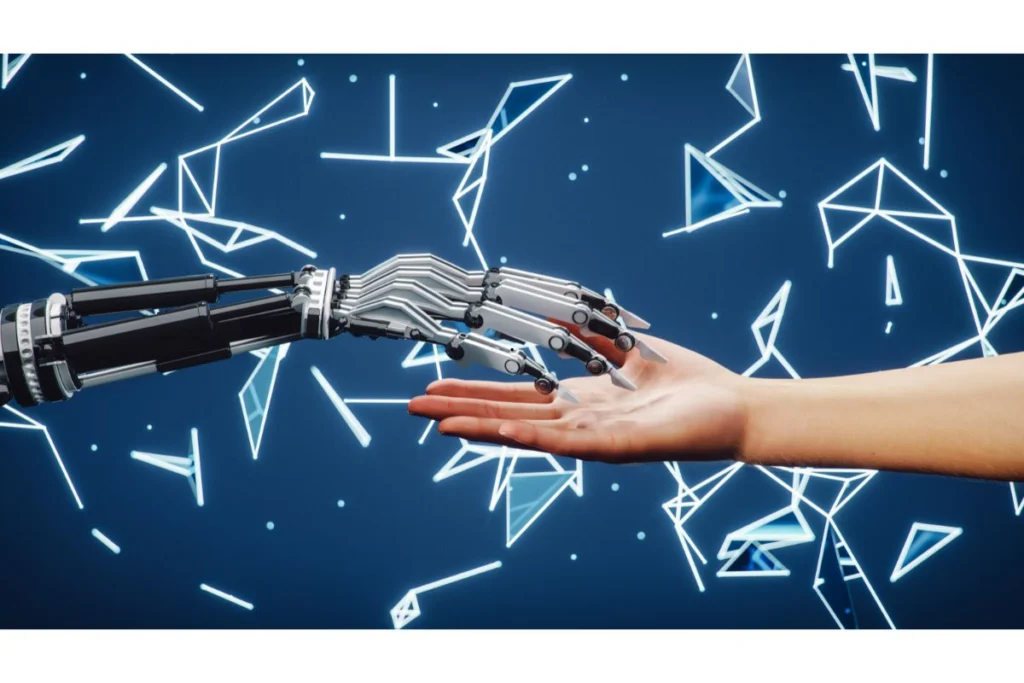AI-Powered STEM Activities for Preschoolers

STEM activities for preschoolers offer an exciting way to engage young minds in science, technology, engineering, and math. In 2025, integrating AI into these activities is becoming more accessible and impactful. This article will examine how AI-powered tools can enhance STEM learning for preschoolers, making complex concepts more engaging and accessible.
1. Why AI-Powered STEM Activities Matter for Preschoolers
Incorporating AI into STEM activities can spark curiosity and creativity in preschoolers. AI helps personalize learning, adapting to each child’s pace and needs. This is crucial for establishing a solid foundation in STEM subjects from an early stage.
Benefits of AI in Preschool STEM Activities
- Personalization: AI tools adapt to each child’s learning style and pace.
- Engagement: AI-powered games and activities keep kids entertained while learning.
- Foundational Skills: Early exposure to STEM helps develop problem-solving and critical thinking skills.
2. Fun and Interactive AI-Powered Tools for STEM Learning
Today’s AI tools offer a range of fun, interactive learning experiences for preschoolers. These tools make STEM concepts tangible and exciting. From robotic toys to interactive apps, AI offers endless opportunities for exploration.
Examples of AI Tools for Preschoolers
- AI-powered robotics kits, such as Cozmo or Botley, teach basic coding concepts through play.
- AI-based apps: Apps like Osmo offer hands-on activities that integrate physical objects with digital learning.
3. AI Activities for Teaching Science Concepts
Science is a core part of STEM education, and AI can make science lessons more exciting for preschoolers. Interactive AI tools can help young learners explore fundamental concepts, such as weather, animals, and space, in ways that are easy to understand.
AI-Powered Science Activities
- Virtual Field Trips: Use VR headsets to take children on virtual trips to outer space or the ocean floor, guided by AI.
- AI-Enhanced Storytelling: Interactive stories about animals or nature where kids can make choices and learn new facts.

4. Technology and Engineering Activities with AI Support
Introducing technology and engineering concepts at a young age can lay the groundwork for future success in these fields. AI-powered tools make learning about engineering and tech not only possible but fun!
Tech & Engineering AI Activities
- Build and Code Robots: Kids can design their robots using simple coding games found in Tinkerbots or KIBO kits.
- Engineering Challenges: AI can guide kids through building structures with blocks, testing their stability and creativity.
5. Math Concepts Made Fun with AI Tools
Math may be intimidating for some children, but AI tools can break it down into playful, manageable segments. Preschoolers can practice counting, sorting, and pattern recognition with AI-powered apps and games.
Fun Math Activities Using AI
- Interactive Math Games: Apps like ABCmouse utilize AI to adjust difficulty levels according to the child’s skills.
- AI-Based Puzzles: AI can create custom puzzles for learning addition and subtraction through colorful games.
6. Enhancing Social Skills with AI STEM Activities
STEM activities aren’t just about numbers and equations—they also teach valuable social skills like teamwork, communication, and problem-solving. AI-based tools facilitate collaboration by promoting group activities and collaborative problem-solving.
Social Interaction through AI
- AI Learning Companions: Virtual characters like Leka or SoftBank’s Pepper serve as interactive learning buddies, encouraging children to interact and collaborate.
- Collaborative Challenges: AI programs can assign group tasks that require preschoolers to work together to build something or solve a problem.

Conclusion
AI-powered STEM activities provide an exciting and innovative way to engage preschoolers in science, technology, engineering, and math. These tools not only make learning fun but also help young minds develop foundational skills that will benefit them for years to come. By integrating AI into early childhood education, you can offer personalized, interactive, and engaging experiences that make STEM accessible and enjoyable.
Also Read: AI in Education: Transforming the Future of Learning
FAQs
1. What are the best AI-powered toys for teaching STEM to preschoolers?
Toys like Cozmo, Botley, and KIBO are great options for introducing preschoolers to coding, robotics, and STEM concepts.
2. How does AI help with early childhood education?
AI adapts to each child’s learning style, providing personalized lessons and activities that engage young minds at their own pace.
3. Can AI-powered apps teach preschoolers STEM?
Yes! Apps like Osmo and ABCmouse use AI to create interactive and personalized learning experiences that make STEM fun and engaging.
4. What STEM concepts can AI help preschoolers learn?
AI can help teach basic math, science, engineering, and technology concepts such as counting, patterns, animals, weather, and robotics.
5. How do AI-powered STEM activities enhance social skills?
AI-powered tools encourage collaboration and communication by allowing preschoolers to work together on tasks or challenges, fostering teamwork.

Similar Posts
How AI Reduces Costs in Healthcare and Boosts Efficiency
Quick ways to fix the PS5 USB Port Not Working
Enhancing Play-Based Learning with AI Insights